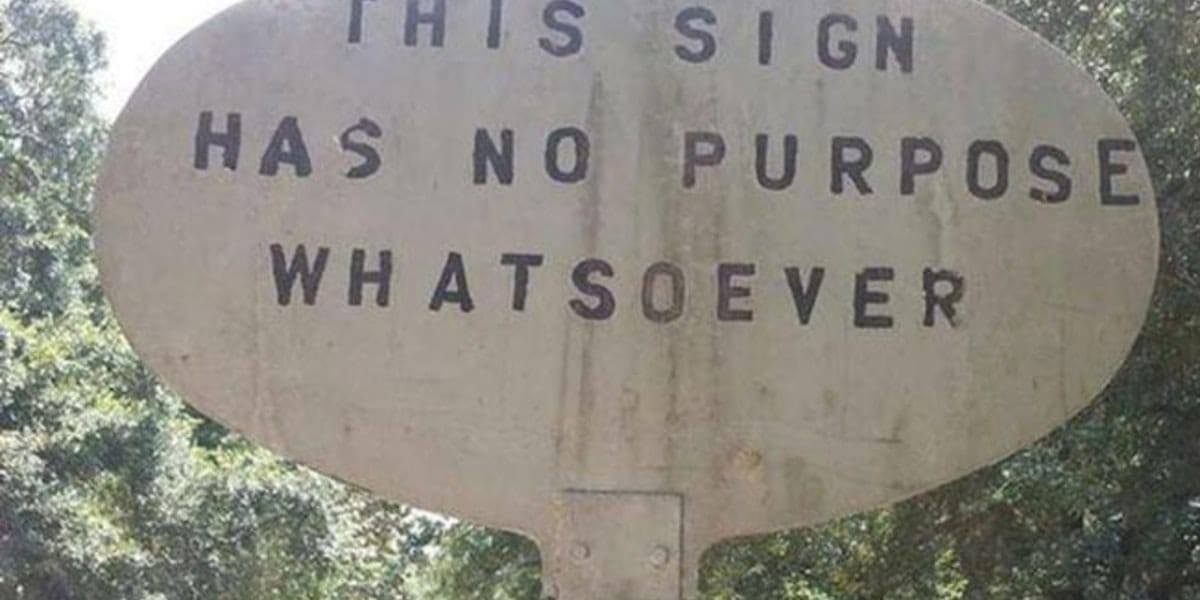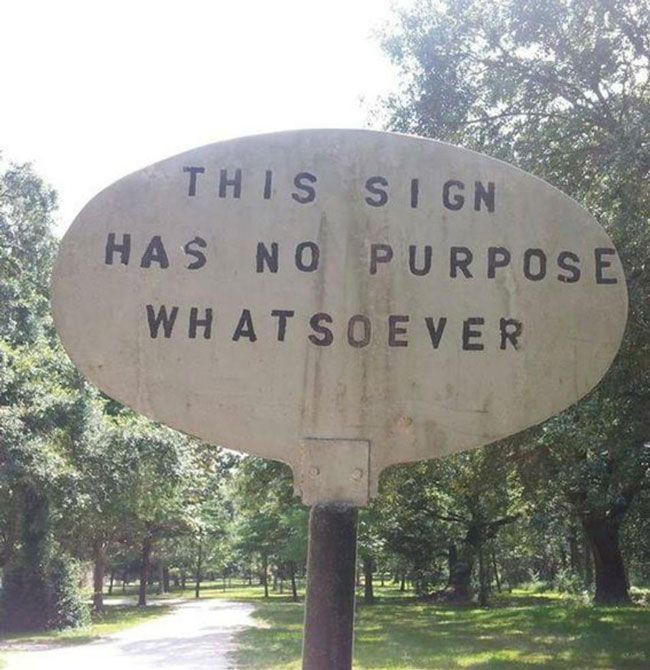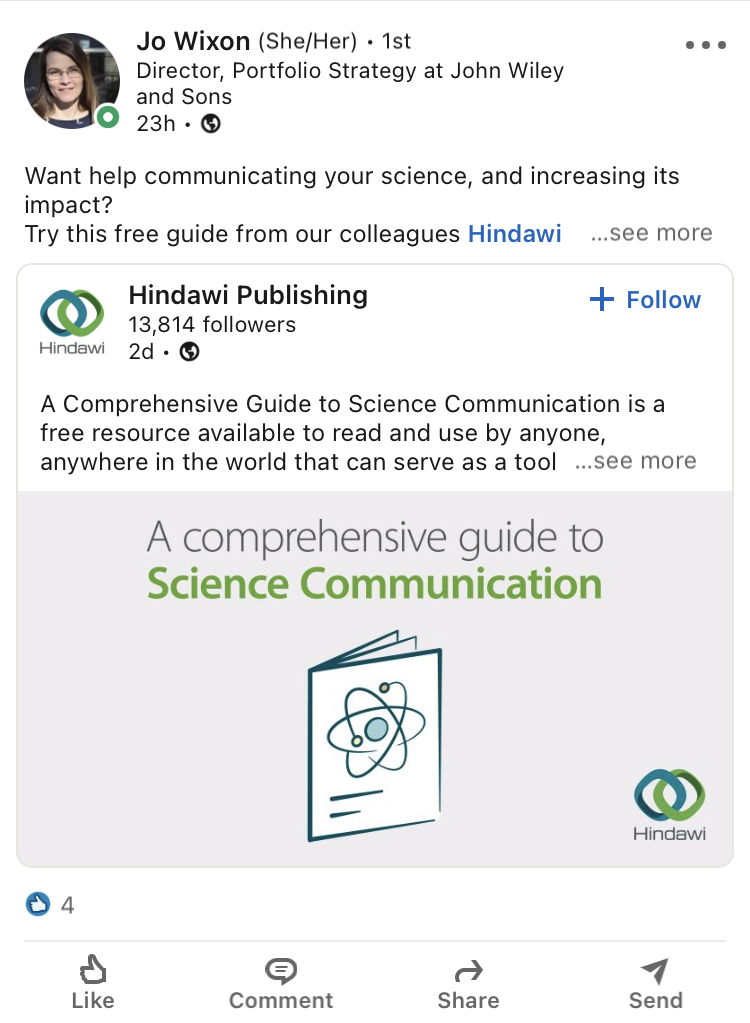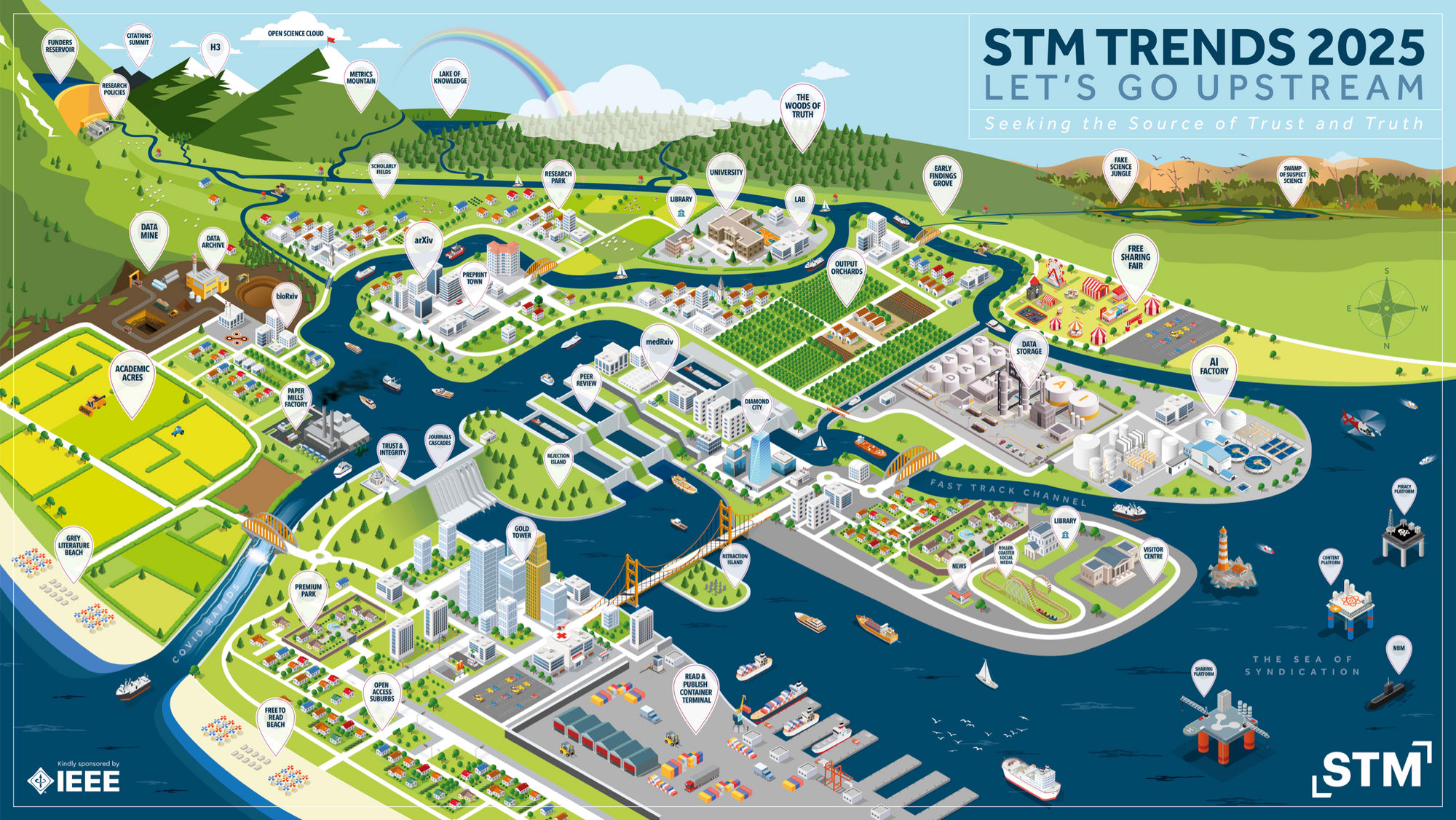What Are We Doing Here?
A clear sense of purpose seems to have been lost in the pursuit of disruption

We — I certainly include myself — expected digital technology to broaden and deepen the marketplace of ideas. There would be more hypotheses, more checkers, more access to expertise. . . . At worst, we assumed the digital ecosystem would be neutral. . . . Unfortunately, we forgot that staying in touch with reality depends on rules and institutions. We forgot that overcoming our cognitive and tribal biases depends on privileging those rules and institutions, not flattening them into featureless, formless “platforms.”. . . Converting information into knowledge requires getting some important incentives and design choices right. Unfortunately, digital media got them wrong.
— Jonathan Rauch, from his forthcoming book,
The Constitution of Knowledge: A Defense of Truth
Late last week, I was fortunate to be invited to observe a regional bar association’s Law Day virtual event. It was, hands down, the best virtual event I’ve seen — the organizers put in massive amounts of work designing an innovative and effective program, and the speakers were top-notch. A lot of material was filmed beforehand in notable locations, such as the sparkling new baseball stadium, where a law clerk performed the National Anthem. The state’s top judge as well as the President of the American Bar Association participated — not to mention the local Congressman, a friend of John Lewis’, who presented an essay winner (topic: “Good trouble”) with an award at her school’s assembly and then pledged to read the essay into the Congressional Record.
It was inspiring, uplifting, and impressive.
But what struck me most about it was that the group spent a lot of time going over the purpose and mission of lawyers, judges, paralegals, clerks, and others involved in maintaining the Rule of Law, ensuring fairness in a system that has been found to be biased in various ways, and operating to the highest standards of professional conduct. The state’s top judge could eloquently enumerate the principles of the profession. The group touched on reports done analyzing their shortcomings and recommending improvements. They were holding themselves accountable, too.
I shook my head afterwards, wondering if we could even have such a day as a profession of publishers, for instance. Or librarians. Or executives. Or for-profit or non-profit organizations involved in scholarship, education, or science.
If we were to throw out the question, “What is our mission and purpose?” I think chaos would result.

Ostensibly, we are part of a truth-seeking community, with our role defined as coordinating a wide swath of professionals, businesses, and experts to serve as the trusted intermediary between and among scientists and scholars, and between scientists, scholars, and the public.
But of late, we’ve seemed reticent to fully embrace these roles, even to the point of actively unwinding them or denying them, choosing to experiment with systems that reduce or eliminate accountability, disintermediate important institutions and standards, and downgrade the information space for the sake of digital access.
It seems clear in retrospect that “disruption” was oversold or mislabeled from the start. Strict disruption isn’t degradation or destruction, but the reordering of value chains delivering the same or superior goods. Imprinted with an over-extended sense of “disruption,” we dismantled and destroyed. We moved fast and broke things.
Moving fast and fixing things — that’s occurring elsewhere, such as in journalism and entertainment, two spaces that have ratcheted up their quality while disrupting traditional value chains. You have better journalism emerging, and better entertainment — and both are more available. As for the rules and institutions that have made this possible, the business model looms large. It’s focused on consumers, not producers.
For us, transactional publishing has become acceptable, as has avoiding accountability and cozying up to conflicts of interest. I think this is because our standards have been disrupted — our rules, our institutions, our norms. Creating and enforcing standards requires an ability to withstand criticism and embrace justifiable critiques and manifest positive change. But it also requires you to know that the standards are, broadly speaking.
Take two recent examples that illustrate how a clear embrace of truth-seeking and the role of trusted intermediary has fallen away. The first is a notice found on LinkedIn from an executive at Wiley:

Here, the language is about coddling authors, unmediated distribution, and some suggestion of vague impact benefits. This is pure author-service marketing, and says nothing about high standards, responsibilities, the trusted intermediaries at Wiley or Hindawi who might reject or revise works, and so forth.
Another example is the output from this year’s STM Trends group, of which I have been a part for well over a decade (at least until this post). Always a descriptive group at some level, the goal over the years has been to synthesize meaning from disparate inputs and developments, and describe these in an appealing and memorable graphical format. This year’s graphic is appealing and memorable, but it may synthesize an inadvertent meaning, which suggests to me that we’re not clear about who we are and what we do:

The unfortunate implication may be that publishers should get closer to funders (“move upstream”), and leave readers to deal with the runoff from the preprint servers and AI downstream. (Also, if you wanted to position polluters more strategically than arXiv, medRxiv, and bioRxiv, good luck.)
The stakes are high right now in the information space. In the quote above, Rauch joins others worried that we’ve lost our devotion to only promulgating the most likely demonstrable truth. These things matter fundamentally. Sophia Rosenfeld wrote a book and was interviewed here on the connection between truth and democracy. Jay Rosen has raised similar alarms.
The transmogrification of incentives when information economics changed from making money via reader payment by providing good information, to making money through advertising by consuming as much attention as possible, has led to the design of systems to enthrall us, not inform us. Attention doesn’t want us to be free.
Recently, national security expert Herb Lin of the Hoover Institution told lawmakers that in the modern era we are not formally at war, but we are not at peace either:
Information warfare threat to the United States is different from past threats, and it has the potential to destroy reason and reality as a basis for societal discourse, replacing them with rage and fantasy. Perpetual civil war, political extremism, waged in the information sphere and egged on by our adversaries is every bit as much of an existential threat to American civilization and democracy as any military threat imaginable.
There are major challenges facing the information systems. We’re seeing a continuation of anti-vax myths, the “big lie,” and various anti-science conspiracies. Are we contributing to these? Are we devoted to correcting these? Eliminating these?
Are we setting high standards?
What is our mission? What is our purpose?
Do we understand and accept it?
Could we explain it to one another? To someone else?